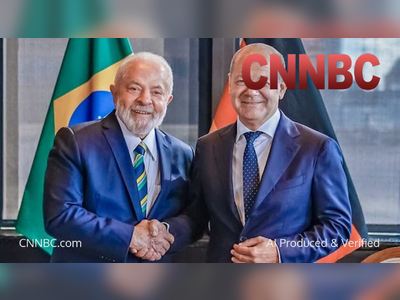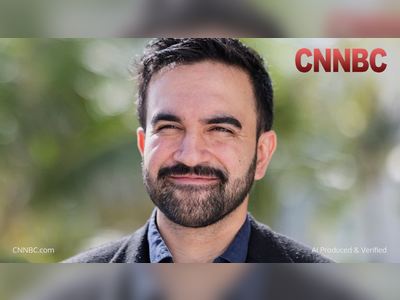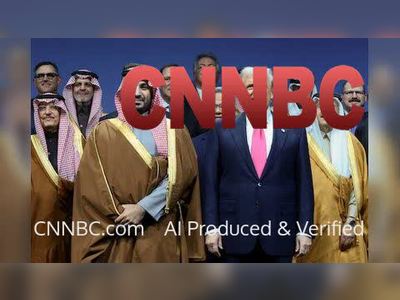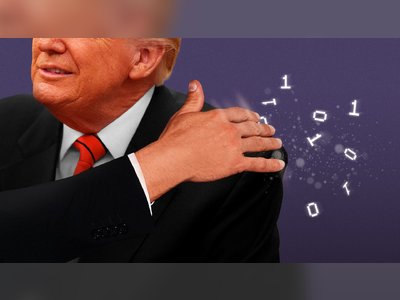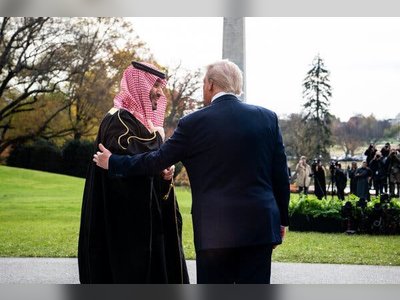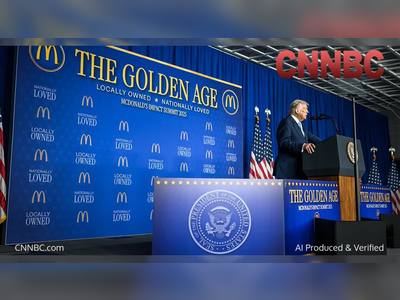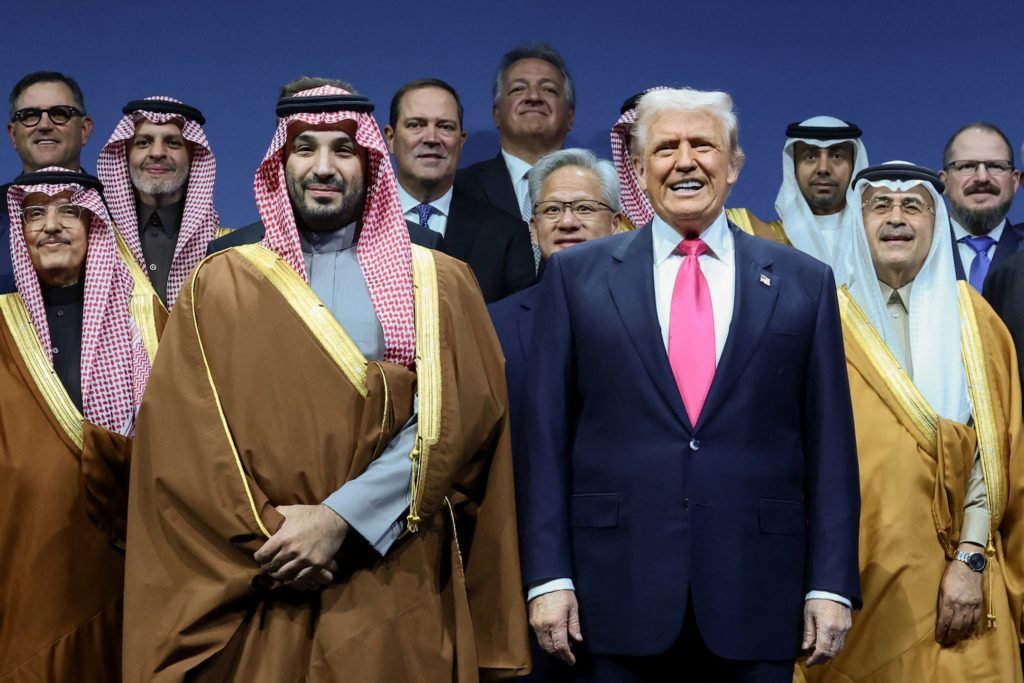
U.S.–Saudi Summit Unveils Rare Earth and Civil Nuclear Ventures Aimed at Strategic Tech and Energy Transition
President Trump and Crown Prince Mohammed bin Salman launch joint agreements on mineral processing and civilian nuclear cooperation amid broader strategic partnership
At a high-profile business forum attended by more than four hundred industry and government leaders, President Donald Trump and Saudi Crown Prince Mohammed bin Salman confirmed agreements underlining a deepening U.S.–Saudi strategic alliance.
Central to the announcements were ventures in rare earth minerals—key to advanced technology—and a civilian nuclear-power cooperation agreement.
Saudi Arabia revealed that an American firm, MP Materials, will acquire nearly half of a rare-earth refinery in the kingdom, supporting joint mining and processing operations.
The move is positioned as part of a U.S.–Saudi effort to reduce Western dependency on China, which currently dominates heavy-rare-earth processing and magnet production used in everything from electric vehicles to fighter jets.
Saudi officials claim the kingdom holds the fourth-largest such deposit globally and aim to translate that into a manufacturing advantage.
Alongside the minerals deal, the U.S. Department of Energy announced the conclusion of negotiations on civil-nuclear cooperation with Saudi Arabia, enabling American companies to construct a large civilian nuclear-power plant in the kingdom.
According to the U.S. side, this is not about enrichment or weaponisation, but rather the deployment of secure, reliable electricity infrastructure and broader energy-diversification strategy.
Saudi officials acknowledge that uranium and rare-earth reserves are often co-located and emphasise that the minerals strategy and nuclear plan are part of a single industrial-transformation agenda.
Observers note, however, that non-proliferation experts will closely monitor implementation and safeguards, given Saudi Arabia’s past resistance to certain inspection and enrichment restrictions.
For the Trump administration, the dual-track announcements strengthen U.S. engagement in advanced materials and energy infrastructure while sustaining the kingdom’s role as a strategic economic partner beyond oil.
Saudi Arabia, meanwhile, is positioning itself as a next-generation resource and technology hub—extending its global portfolio from hydrocarbons to critical minerals and nuclear energy.
The success of these initiatives will depend on execution, investment flows and transparent governance frameworks.
For now, the agreements mark a major shift in the U.S.–Saudi bilateral agenda, reflecting mutual ambition and evolving technology and energy priorities.
Central to the announcements were ventures in rare earth minerals—key to advanced technology—and a civilian nuclear-power cooperation agreement.
Saudi Arabia revealed that an American firm, MP Materials, will acquire nearly half of a rare-earth refinery in the kingdom, supporting joint mining and processing operations.
The move is positioned as part of a U.S.–Saudi effort to reduce Western dependency on China, which currently dominates heavy-rare-earth processing and magnet production used in everything from electric vehicles to fighter jets.
Saudi officials claim the kingdom holds the fourth-largest such deposit globally and aim to translate that into a manufacturing advantage.
Alongside the minerals deal, the U.S. Department of Energy announced the conclusion of negotiations on civil-nuclear cooperation with Saudi Arabia, enabling American companies to construct a large civilian nuclear-power plant in the kingdom.
According to the U.S. side, this is not about enrichment or weaponisation, but rather the deployment of secure, reliable electricity infrastructure and broader energy-diversification strategy.
Saudi officials acknowledge that uranium and rare-earth reserves are often co-located and emphasise that the minerals strategy and nuclear plan are part of a single industrial-transformation agenda.
Observers note, however, that non-proliferation experts will closely monitor implementation and safeguards, given Saudi Arabia’s past resistance to certain inspection and enrichment restrictions.
For the Trump administration, the dual-track announcements strengthen U.S. engagement in advanced materials and energy infrastructure while sustaining the kingdom’s role as a strategic economic partner beyond oil.
Saudi Arabia, meanwhile, is positioning itself as a next-generation resource and technology hub—extending its global portfolio from hydrocarbons to critical minerals and nuclear energy.
The success of these initiatives will depend on execution, investment flows and transparent governance frameworks.
For now, the agreements mark a major shift in the U.S.–Saudi bilateral agenda, reflecting mutual ambition and evolving technology and energy priorities.

